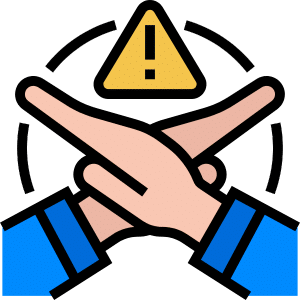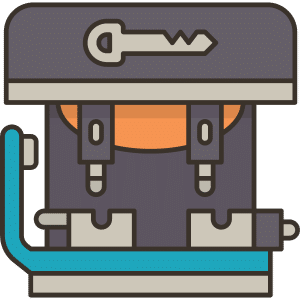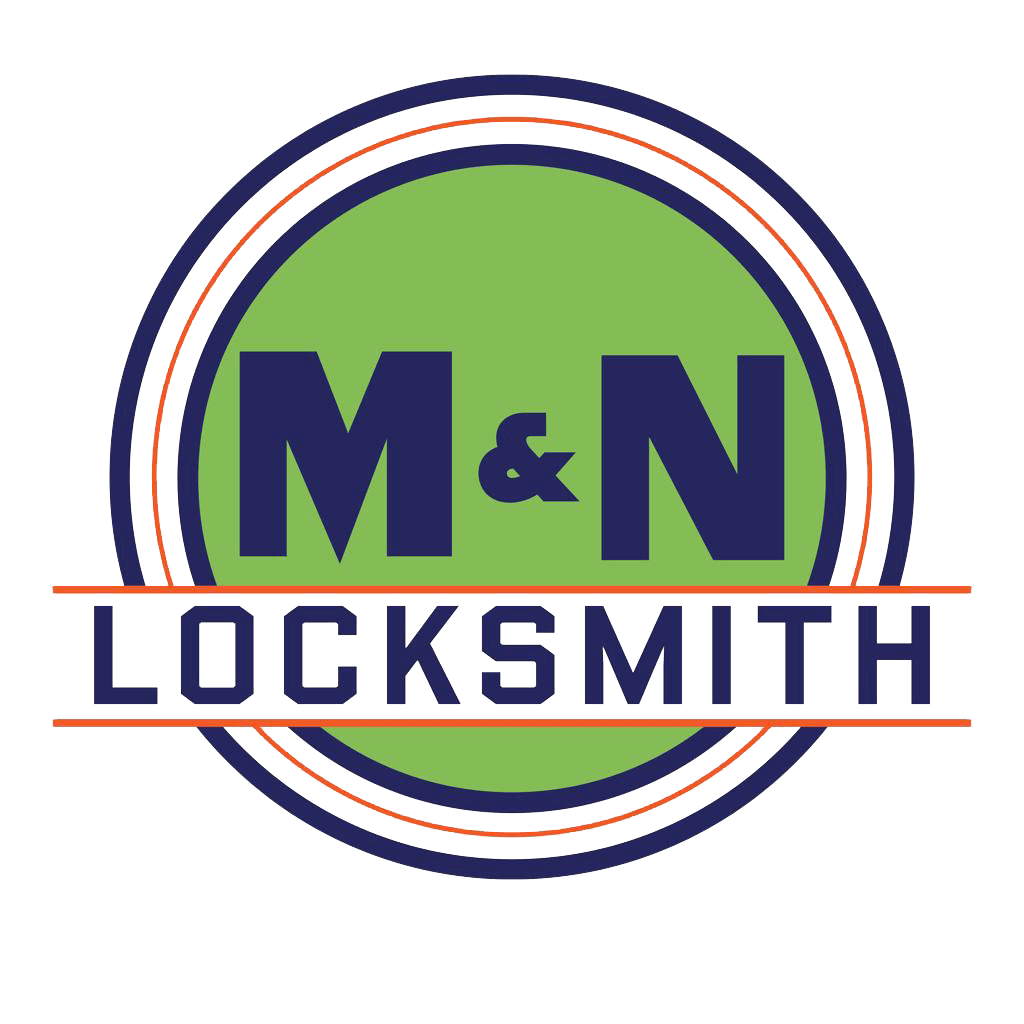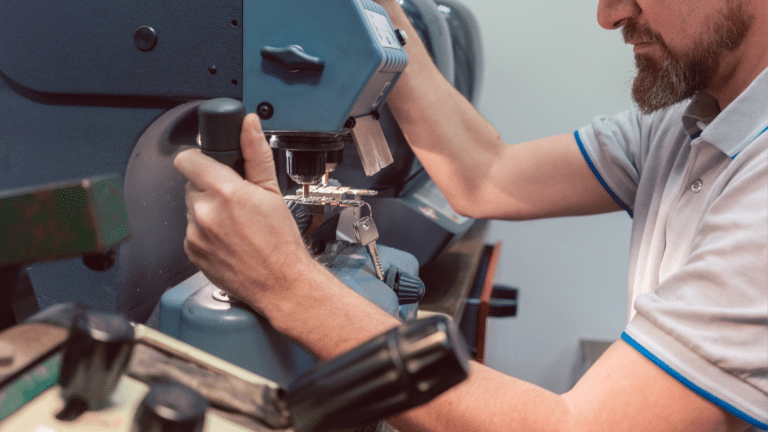DIY Key Duplication: Tips, Tricks, and Common Mistakes to Avoid
Key duplication is a common and convenient practice, allowing individuals to create spare keys for homes, offices, and vehicles. However, it is essential to understand the legality, restrictions, and best practices associated with key duplication to ensure security and compliance with the law. In this comprehensive guide, we will explore the nuances of key duplication, including legal considerations, tips for successful duplication, common mistakes to avoid, and the importance of respecting key duplication restrictions.
Legality and Common Restrictions
Key Duplication Prohibited
It is not uncommon to encounter keys marked with “Do Not Duplicate” or “Duplication Prohibited.” These markings serve as a request from the key owner or issuer to restrict unauthorized duplication. While these markings are not legally binding, they are often respected by reputable key duplication services.
How to Copy a Key that Says “Duplication Prohibited”
Duplicating a key that bears the “Do Not Duplicate” marking can be done, but it is crucial to respect the intent behind the marking. Seeking permission from the key owner or obtaining authorization from the key issuer is a responsible approach to ensure compliance and respect for security measures.
Where to Duplicate Keys
Key duplication services are commonly available at hardware stores, locksmith shops, and specialized key cutting kiosks. These establishments typically offer a wide range of key blanks and have the equipment necessary to accurately duplicate keys.
Is It Illegal to Duplicate Keys?
From a legal standpoint, duplicating keys marked with “Do Not Duplicate” is not inherently illegal. However, unauthorized duplication can violate the trust of the key owner or the terms of a contractual agreement, potentially leading to legal consequences.
Potential Consequences
Unauthorized key duplication can result in security breaches, property damage, or legal action. It is essential to respect key duplication restrictions to maintain security and uphold ethical standards.
Tips and Tricks for Successful Key Duplication
Recommended Tools and Techniques
- Utilize high-quality key blanks to ensure durability and compatibility with the lock.
- Use precision key cutting machines or seek professional key cutting services for accurate duplication.
- Verify the duplicated key’s functionality by testing it on the corresponding lock before regular use.
Common Mistakes to Avoid
Low-Quality Key Blanks
Using low-quality or incorrect key blanks can result in poorly duplicated keys that are prone to breakage or malfunction. Always opt for reputable key blanks that match the original key’s specifications.
Improper Key Cutting
Inaccurate key cutting can lead to keys that do not properly engage with the lock, potentially causing damage to the lock mechanism. Precision key cutting is essential for seamless key duplication.
Importance of Respecting Key Duplication Restrictions
Respecting key duplication restrictions is critical for maintaining security, trust, and legal compliance. When in doubt, seek permission from the key owner or consult with the key issuer before duplicating restricted keys.
Seeking Professional Key Duplication Services
For complex key types, restricted keys, or when precision is paramount, professional key duplication services offered by reputable locksmiths are recommended. Professional locksmiths possess the expertise and equipment to accurately duplicate a wide range of key types while upholding ethical and legal standards.
In conclusion, understanding the legal considerations, best practices, and potential consequences associated with key duplication is essential for maintaining security and integrity. By adhering to key duplication restrictions, utilizing recommended tools and techniques, and seeking professional services when necessary, individuals can ensure the accurate duplication of keys while upholding ethical and legal standards. When in need of professional key duplication services, it is advisable to engage with reputable locksmiths who prioritize security and customer trust.
FREQUENTLY ASKED QUESTION
Is DIY key duplication safe and effective?
DIY key duplication can be safe and effective if done correctly, using proper techniques and equipment. However, it’s essential to understand the process and potential risks involved.
What are some tips for successful DIY key duplication?
Tips for successful DIY key duplication include selecting high-quality blank keys, using a reliable key cutting machine or service, ensuring accurate measurements, and practicing on spare keys before duplicating important ones.
Can I duplicate all types of keys myself?
While basic house keys and some car keys can be duplicated DIY, certain types of keys, such as high-security keys or those with specialized features, may require professional assistance or specialized equipment.
What are common mistakes to avoid when duplicating keys DIY?
Common mistakes to avoid include using low-quality key blanks, incorrect key cutting techniques, improper measurements, failing to lubricate the key and machine, and attempting to duplicate worn or damaged keys.
How can I ensure the security of DIY key duplication?
To ensure the security of DIY key duplication, it’s essential to keep key blanks secure, properly dispose of any discarded keys, and avoid sharing key duplication information or techniques with unauthorized individuals.
Should I seek professional assistance if unsure about DIY key duplication?
If unsure about DIY key duplication or dealing with complex key types, it’s advisable to seek professional assistance from a locksmith or key duplication service to ensure accurate and secure results.
Are there any legal considerations when duplicating keys DIY?
Legal considerations for DIY key duplication may vary depending on local laws and regulations. It’s essential to adhere to any applicable laws regarding key duplication and ownership rights.
What tools and equipment do I need for DIY key duplication?
Basic tools and equipment for DIY key duplication include a key cutting machine or hand file, key blanks compatible with your locks, calipers or rulers for measurements, and lubricant for smoother cutting


